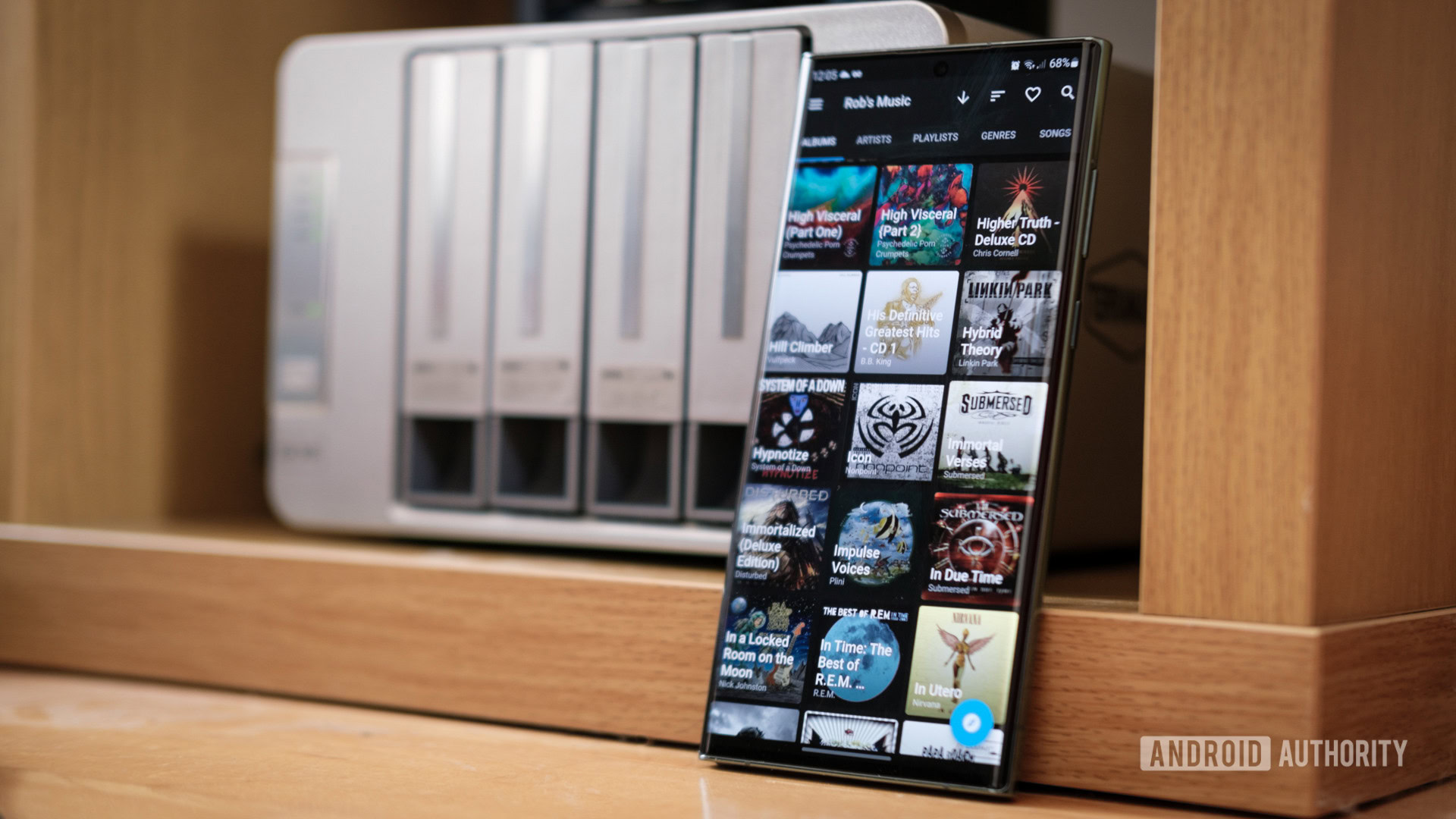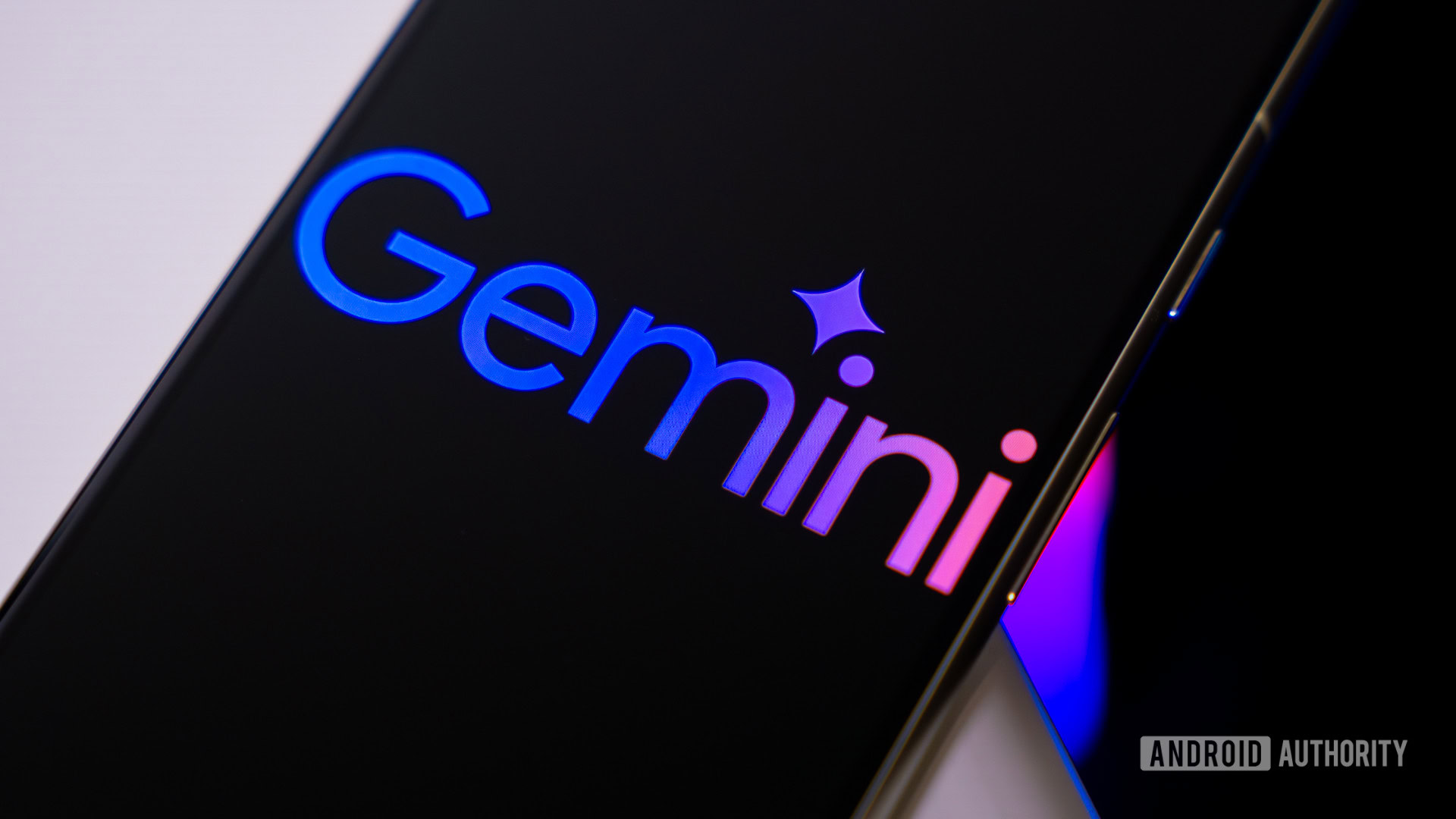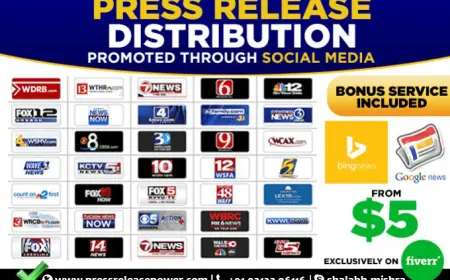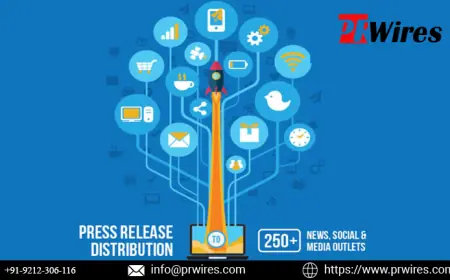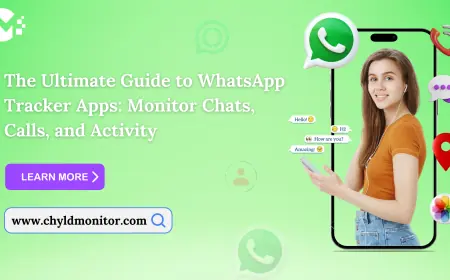The Impact of Social Media on Society: Is Social Media Strengthening or Dividing Communities?
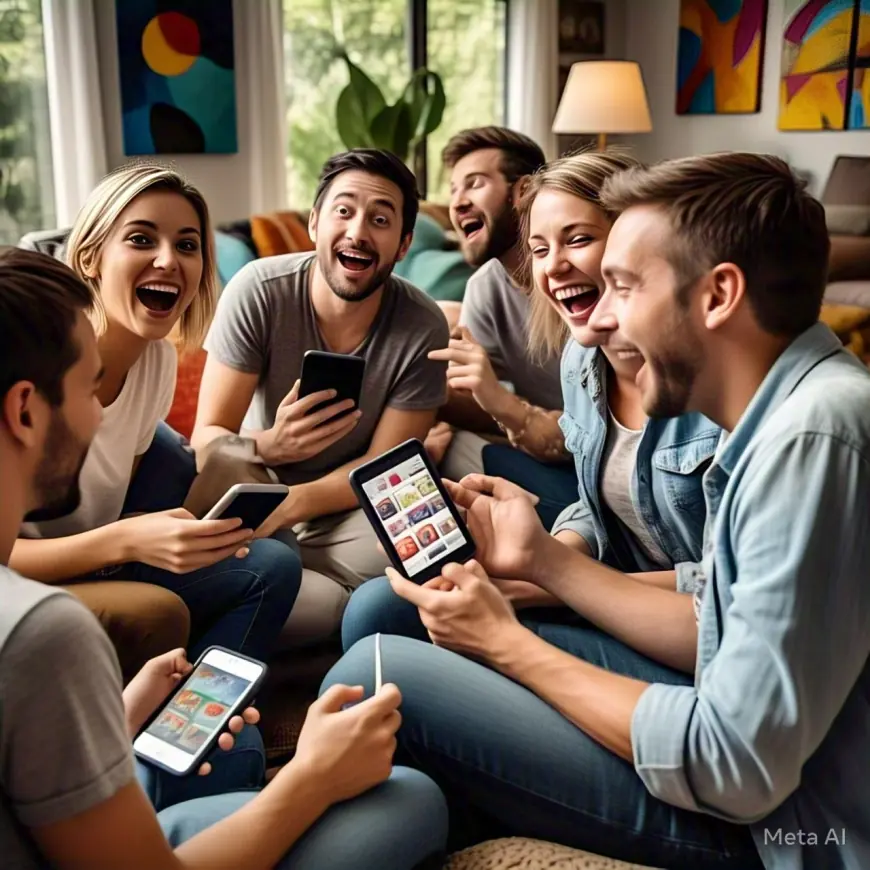
Social media has revolutionized how people communicate, interact, and share information. Platforms like Facebook, Twitter, Instagram, and TikTok have connected billions of users worldwide, allowing instant communication and cultural exchange. However, as social media continues to evolve, experts debate whether it is strengthening communities by fostering unity or dividing them by deepening social and political rifts. According to Globe Insight, the impact of social media on society is complex, with both positive and negative consequences shaping our digital interactions.
Social Media as a Tool for Connection & Empowerment
Social media has played a crucial role in connecting people across geographical and cultural boundaries. Families and friends can maintain relationships despite physical distance, and businesses can reach global audiences with ease. Platforms such as LinkedIn have created professional networking opportunities, while Facebook groups and Reddit communities bring together like-minded individuals.
According to Web 4 Link, social media has also been instrumental in driving social movements. Hashtags like #MeToo and #BlackLivesMatter have sparked global conversations on important social issues, giving marginalized communities a voice and pressuring governments to implement change. Additionally, social media platforms have enabled grassroots activism, fundraising, and awareness campaigns that have led to real-world impact.
The Rise of Polarization & Misinformation
Despite its positive aspects, social media has also contributed to social and political divisions. Algorithms designed to boost engagement often amplify sensational content, pushing users into digital echo chambers where they are only exposed to viewpoints that reinforce their beliefs. This has fueled polarization, making it harder for people with differing opinions to engage in constructive discussions.
A report by Web Game 8 highlights how misinformation spreads rapidly on social media, influencing public opinion and even elections. Fake news, conspiracy theories, and deepfake videos have become major concerns, with many users struggling to distinguish credible sources from unreliable ones. The rise of clickbait culture has led to emotional, reactionary content dominating social feeds, further escalating divisions within society.
Mental Health & Social Media Dependency
Another significant impact of social media is its effect on mental health. While it provides entertainment and a sense of belonging, excessive social media use has been linked to anxiety, depression, and low self-esteem. The curated nature of online content often leads to unrealistic comparisons, causing many users to feel inadequate.
Studies cited by Globe PR Wire suggest that social media addiction is a growing concern, with users spending hours scrolling through content without realizing its effect on their well-being. Many platforms are now introducing digital well-being tools to encourage healthy usage habits, but the challenge remains in balancing online and offline life.
Conclusion: A Double-Edged Sword
Social media is a powerful tool that has transformed communication, activism, and information sharing. While it has the potential to unite communities and amplify positive change, it also has the power to divide societies and spread misinformation. The future of social media depends on how platforms, users, and policymakers address these challenges to create a more responsible and inclusive digital space.
What's Your Reaction?
 Like
0
Like
0
 Dislike
0
Dislike
0
 Love
0
Love
0
 Funny
0
Funny
0
 Angry
0
Angry
0
 Sad
0
Sad
0
 Wow
0
Wow
0

